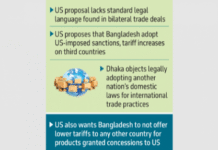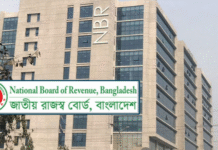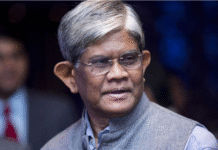With hundreds of rivers and a population of close to 150 million people, Bangladesh boasts an efficient and entrepreneurial work force that has been changing the profile of the country. The country has natural endowments which increase the potential for development.
Bangladesh has an educated, adaptive and industrious work force ready to work at low wages. While the labor force comprises more than 54 million, 57.3 percent of the population is under 25, boasting a younger generation for recruitment who are intelligent and easily trainable.
During a recent visit to Bangladesh, this reporter was impressed by a dynamic youth full of aspiration to transform themselves into efficient human resources and to ensure their participation in socioeconomic development and other nation-building activity.
With such aspirations, the country is likely to achieve its objective of becoming a digital haven and a middle-income country by 2021, when it celebrates its 50th anniversary of independence.
More than 8 million of the Bangladeshi work force, including professionals such as doctors, engineers, paramedics, nurses, teachers, bankers and IT workers, are employed worldwide, including in Saudi Arabia.
The Kingdom is the most valued destination for this work force. There are approximately 1.2 million Bangladeshis in the Kingdom, the largest number of Bangladeshis in any country.
The Bangladeshi government has introduced various measures, such as machine-readable passports (MRPs) and smart cards containing information, along with a biometric impression of migrant workers primarily targeting the Saudi market for manpower export. In fact, a three-tier screening system for security clearance is being carried out in Bangladesh to send workers to Saudi Arabia and other countries.
The country has invested in developing a skilled work force. To meet the requirements of the overseas employment market, the Bureau of Manpower Employment and Training (BMET) is imparting skills development training in 45 trades at 38 technical training centers. The training institutions and the courses are accredited to and certified by the Bangladesh Technical Education Board.
In addition, 35 more training institutes are being established by the government. It has also embarked on a massive program to send skilled women for employment in the Middle East and Far East. The BMET is currently conducting training programs in major cities to prepare women for foreign employment.
Source: Arabnews










